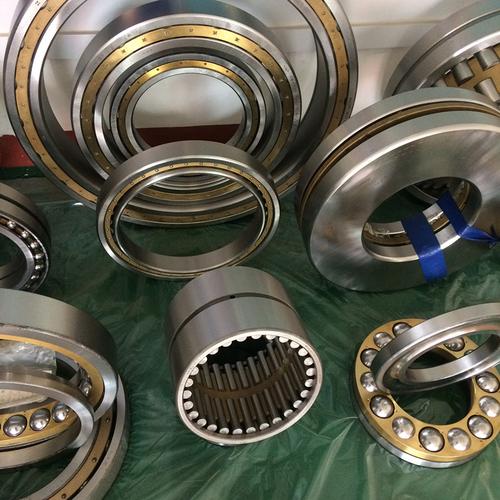Top 7 Factors to Choose Reliable Ball Bearings Suppliers for Industrial Applications
In modern manufacturing, ball bearings suppliers play a pivotal role in maintaining operational efficiency across industries. As critical components in machinery ranging from automotive systems to wind turbines, quality bearings directly impact equipment longevity and performance. This guide examines essential considerations for sourcing premium ball bearings while exploring technical specifications and market dynamics that inform smart procurement decisions.
Understanding Industrial Ball Bearings
Ball bearings consist of precision-engineered spherical elements that reduce rotational friction between moving parts. Suppliers typically categorize them by:
- Radial bearings for perpendicular load support
- Thrust bearings handling axial loads
- Angular contact designs for combined loads
 Leading ball bearings suppliers now incorporate advanced materials like ceramic hybrids and stainless steel alloys to enhance durability in extreme conditions.
Leading ball bearings suppliers now incorporate advanced materials like ceramic hybrids and stainless steel alloys to enhance durability in extreme conditions.
Key Selection Criteria for Bearing Suppliers
1. Certification Compliance
Reputable suppliers maintain ISO 9001 certification and industry-specific approvals like ABMA standards, ensuring consistent quality control.
2. Technical Support Capabilities
Top-tier providers offer engineering consultation for load calculations, lubrication selection, and failure analysis.
3. Customization Options
Specialized suppliers can modify bearing dimensions, seals, and materials for unique operational requirements.
Emerging Trends in Bearing Technology
The global bearings market will reach $52.7 billion by 2027 (Grand View Research). Smart suppliers now integrate:
- IoT-enabled condition monitoring systems
- Eco-friendly dry lubrication solutions
- 3D-printed prototype development
Optimized Bearing Solutions for Global Buyers
Our platform connects industrial buyers with vetted ball bearings suppliers offering:
- Custom clearance adjustments (±0.5μm precision)
- High-speed designs (DN value exceeding 2 million)
- Corrosion-resistant coatings for marine applications
Frequently Asked Questions
Q: What's the typical lead time for custom bearings?
A: Standard production requires 6-8 weeks, expedited through supplier partnerships.
Q: How to verify supplier quality remotely?
A: Request material certificates, factory audit reports, and sample testing protocols.
Selecting competent ball bearings suppliers requires technical evaluation and market awareness. Partner with certified providers offering engineering support and customized solutions to maximize equipment performance. Explore our verified supplier network today to streamline your procurement process.




 8613869596835
8613869596835